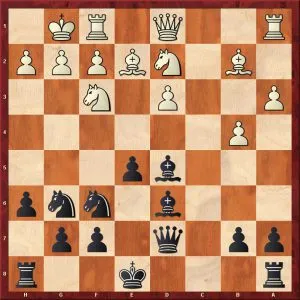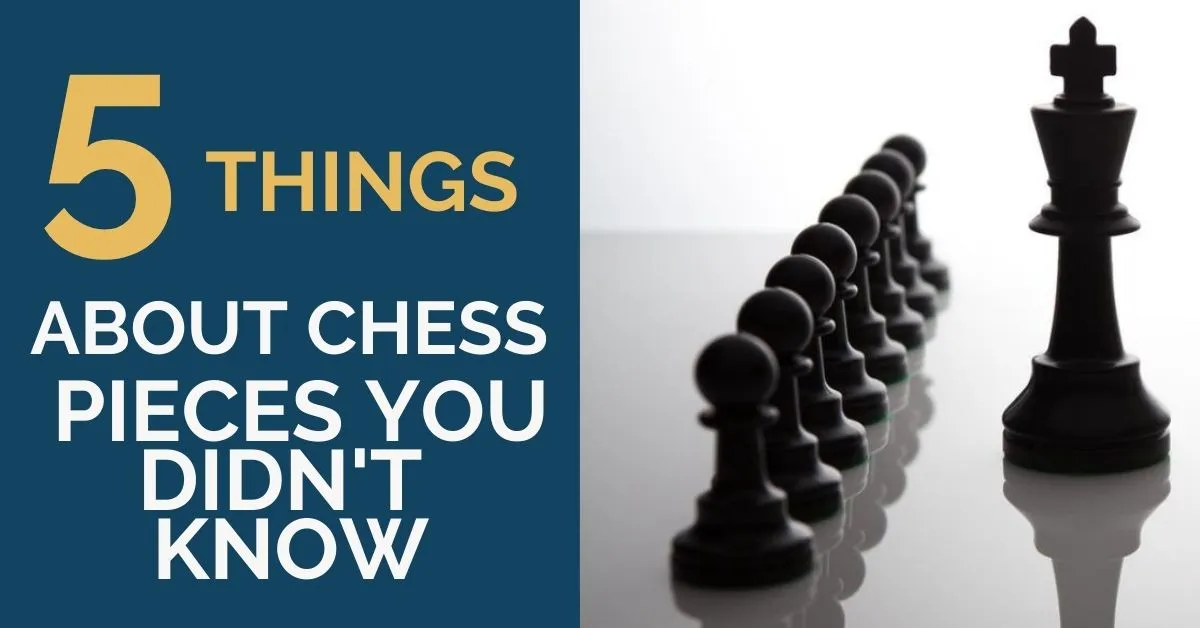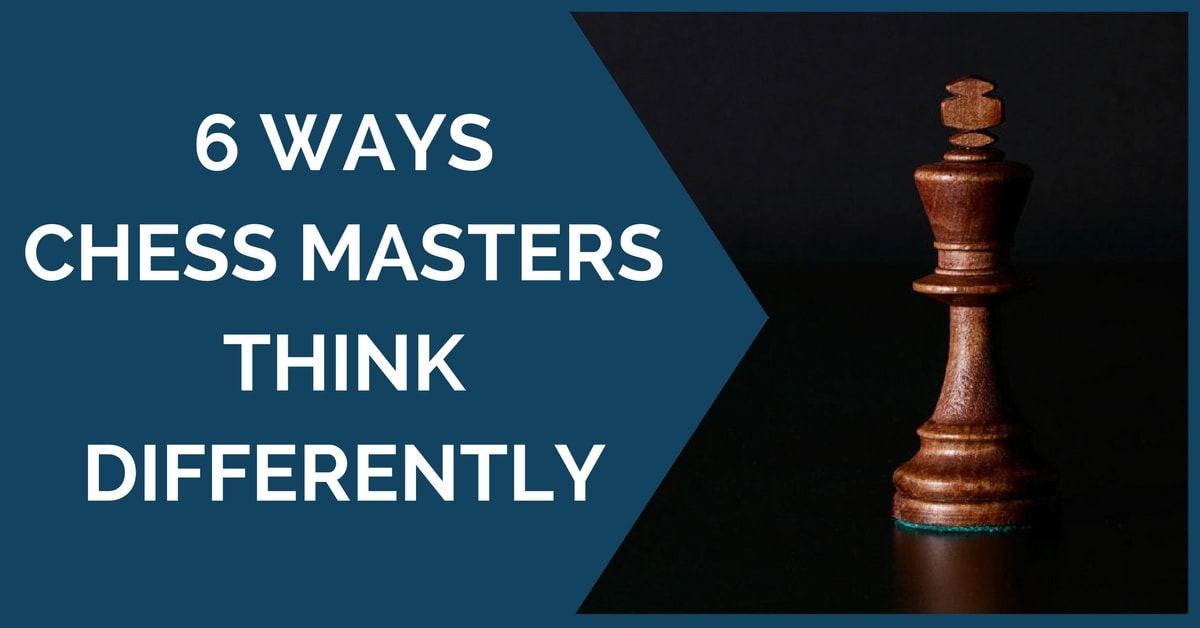Chess Thinking on Different Levels: 2200 to 2500
In our previous article we have talked about the differences in thinking from 1600 up to 2200 and have given you some advice on what to study in order to improve your rating. However, we are probably safe to say that every chess player wishes to become a Grandmaster someday, so how to do it? What does it take to reach such a high level? In this article we are going to take a look at how these players handle the game and how you could become one of them.
To begin with, it is no secret that a strong player has a very well built repertoire. This means you will need to start looking up lines that suit your style and, like it or not, learn the theory very well. A Grandmaster not only has a good, reliable repertoire, but also a variety of openings or lines to choose from. You have probably noticed that, from a certain level, strong players can go for almost any opening he likes. You might think that this happens thanks to their wide opening knowledge, but, although this does play a major role, it does not all rely on it.
This idea brings us to our next point, namely mastering the chess patterns. There are dozens of different chess patterns, from very simple to complex ones, from tactical themes and motifs to positional ones. And, in order to increase your level, you will have to study and learn all of them.
You should also get a good knowledge of the endgames, not only in order to know how to handle a specific position, but also because middlegames and endgames are strongly connected. A strong player knows what type of endgame he is looking from right from the middlegame, when a lower-rated one might think the opening has just ended.
Another important thing about becoming a strong player is, of course, improving your calculation ability. However, here it’s not only about finding the right candidate moves and seeing many ahead (which of course helps a lot), but knowing when you actually need to calculate and when not to calculate.
Ready to start winning at chess?
Click here to start your training using the day-by-day program.
Many times, Grandmasters don’t even start calculating and just guide themselves from the patterns mentioned above. Just to give you an example, instead of calculating what happens after an exchange of after a pawn advance, they know that, from a positional point of view, that move doesn’t deserve attention. Obviously, this does not apply in sharp positions where calculation is indeed required.
The next diagram is a good example:

Castellanos, R (2481) – De la Cruz Revilla, M (2115)
White to play
In this position I played almost automatically Nc4, seeing that it would yield me the bishop pair, which represents a positional plus, especially with an open center. As soon as I improved the position of my bishops and they became active, things got ugly for my opponent. See the diagram below:

Here, I had the chance to win a pawn after Nxc7, Bxg6 and Bxe5. The resulting position should still be very good for white, but I rejected this idea without too much calculation simply because I had to give up the bishop pair which, in my opinion, represented a greater advantage. See the whole game below:
Besides the ideas presented above, one great quality of a high-rated player is patience. In an equal position, he won’t hurry to make concessions or dramatically change the character of the position without prior preparation. By this, we mean making sure that every piece has been improved and that development has been finished. Let’s take for example the position in the diagram below:

Roeder, M (2423) – Sgircea, S.R. (2207)
Black to move
The position is equal; what black needs to do is simply finish development and then try to improve the pieces. Instead, thinking that there might be some threats on the c-file because of the queen on c8 and white rook on c1, I played, totally unnecessary, dxc4. Of course, this move doesn’t immediately lose, but it is a strategical mistake, as it releases the central tension, giving my opponent a slight advantage that he didn’t fail to convert.
We hope that you will find the ideas presented in these two articles useful and they will help you create your own working plan in order to improve your strength. Good luck!
If you want to improve your chess level, you need to have a clear study plan. If you aim for a dramatic improvement at chess you need to work on all of the elements of the game in a systematic way:
- tactics
- positional play
- attacking skills
- endgame technique
- classical games analysis
- psychological preparation
- and much more
That seems to be like a lot of things, and that is. But no worries, we have made it easy for you. Our comprehensive training course covers it all and much more. Sign up for 21 Day Training right now!










Comments: